Indigenous Peoples around the world are increasingly under threat by States, extractive industries, armed groups, narcotraffickers, and others seeking to expropriate their territories and resources. At the same time, communities are being forcibly evicted from their ancestral homelands by conservation initiatives, climate change mitigation/adaptation programs, and large-scale infrastructure and energy projects.
Land is Life strengthens the voices of Indigenous Peoples by supporting their engagement in national, regional and international decision-making processes concerning development, climate change, biodiversity conservation and human rights, and we work directly with communities under threat by: organizing campaigns at the local, national and international levels; engaging with regional and international human rights bodies; and mobilizing support from UN human rights mechanisms, donor countries and the general public to ensure that they are protected from violations against their individual and collective rights.
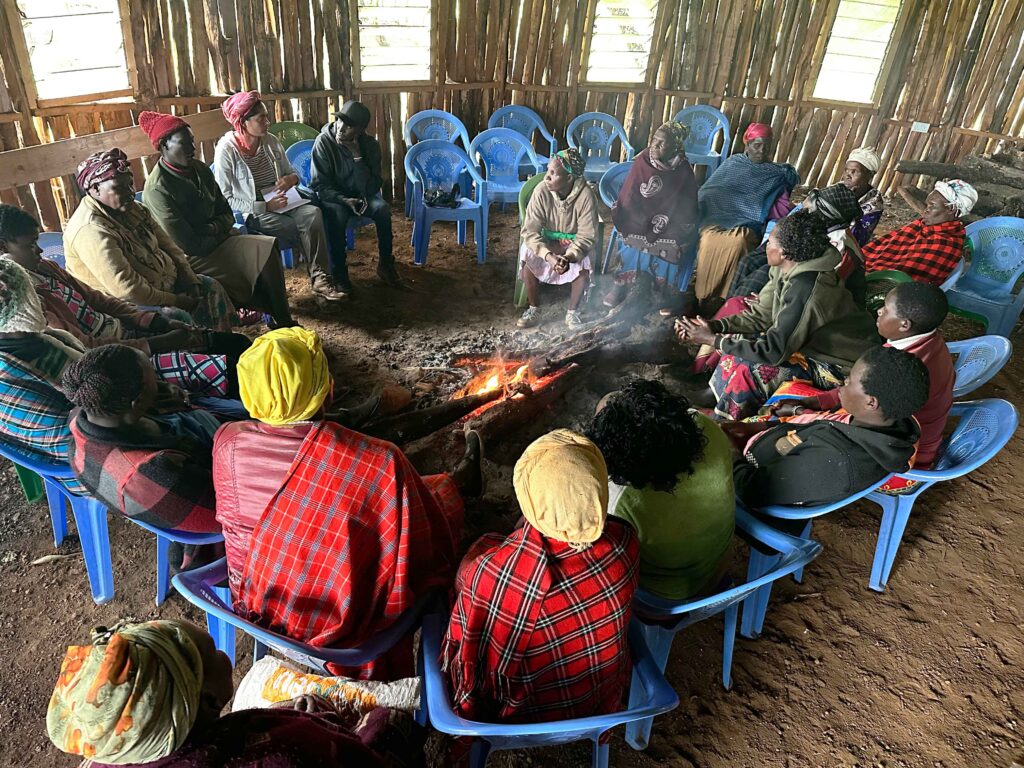
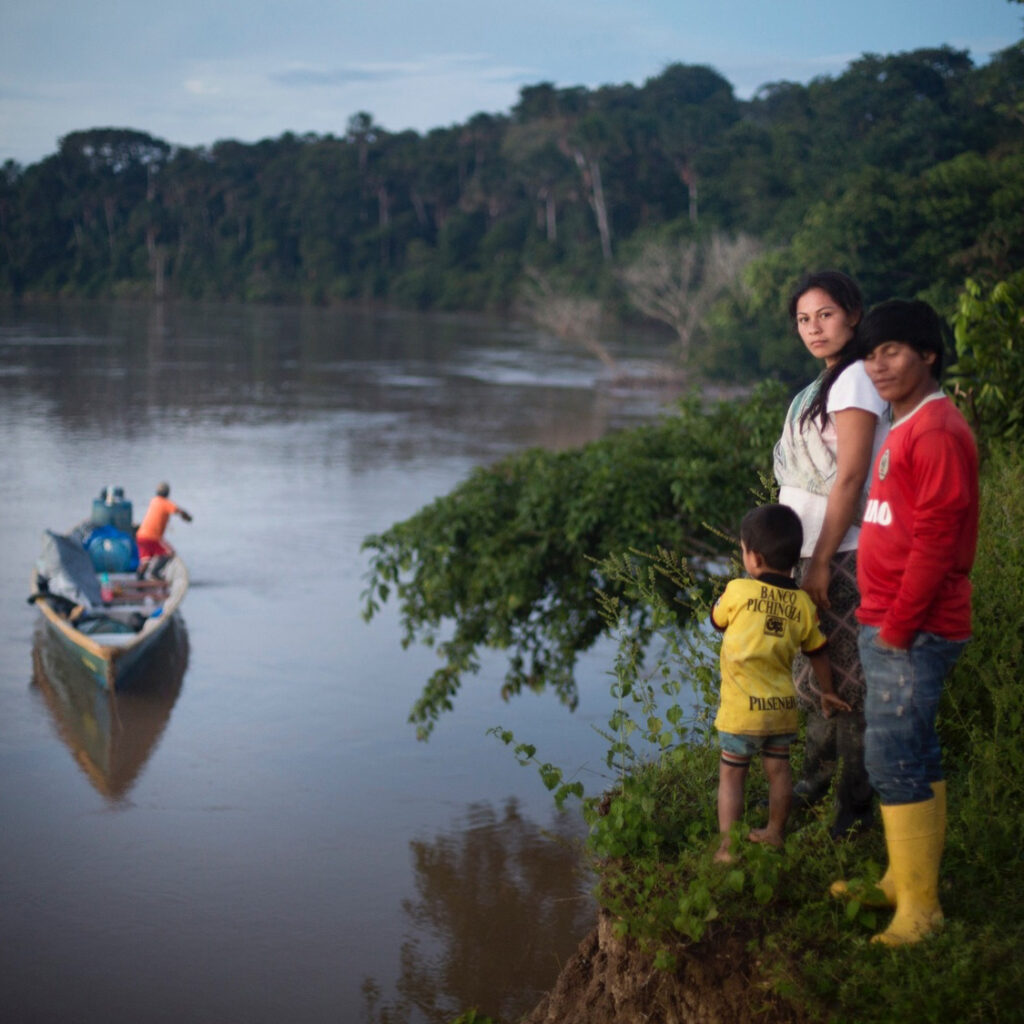
Indigenous Peoples around the world are increasingly under threat by States, extractive industries, armed groups, narcotraffickers, and others seeking to expropriate their territories and resources. At the same time, communities are being forcibly evicted from their ancestral homelands by conservation initiatives, climate change mitigation/adaptation programs, and large-scale infrastructure and energy projects.
Land is Life ILSF programs work with Indigenous Peoples’ communities, organizations and activists who are being criminalized, are facing threats to their wellbeing, or are victims of violence and other human rights violations. Our program provides the tools and resources they need to be able to promote and protect their rights safely, and is able to provide rapid response funds in emergency situations in a matter of hours. We monitor countries’ compliance with international human rights agreements, and campaign to hold accountable those who are responsible when Indigenous Peoples’ rights are violated.
Our program, designed and led by Indigenous Women, supports Indigenous women and their organizations – in Africa, Asia, and throughout the Americas – to effectively assert their individual and collective rights to access, use and control land and natural resources, to improve their livelihoods, and to promote and protect their peoples’ rights

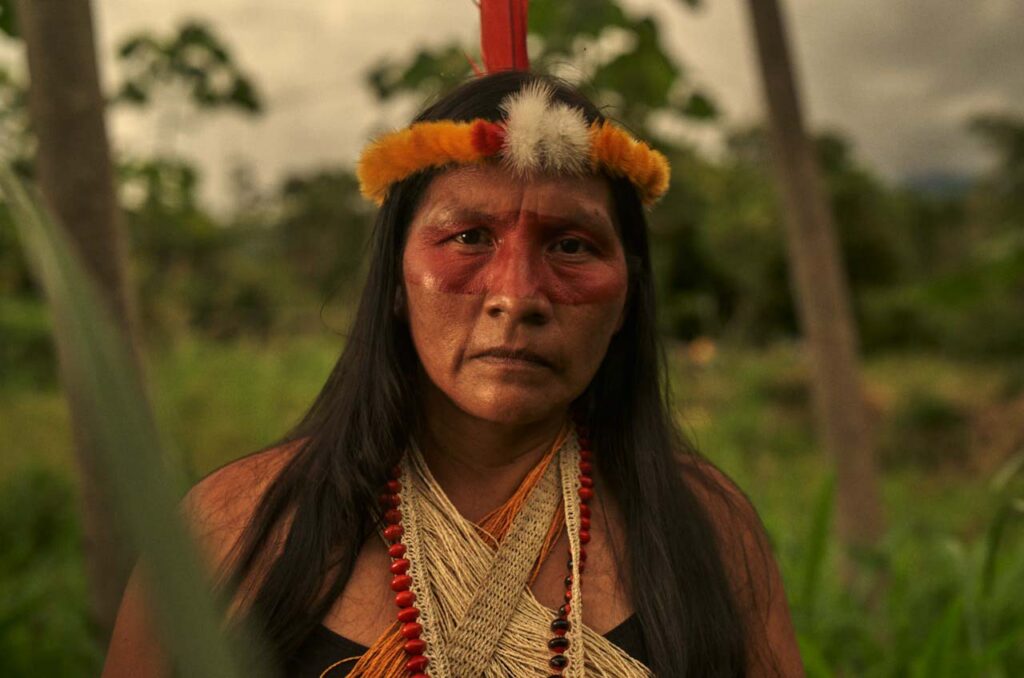
There are approximately 189 distinct Indigenous Peoples in Voluntary Isolation and Initial Contact (PIACI) in the Amazon Basin and the Gran Chaco. Land is Life partners with 11 Indigenous Peoples’ organizations and 8 non-governmental organizations in the eight countries of the Amazon and Gran Chaco where PIACI live to cooperate in ensuring effective prohibition against outside encroachment, aggression, forcible assimilation, and acts and processes of genocide.
Food sovereignty is intimately linked to the right of self-determination, as Indigenous Peoples’ food systems are inextricably linked to values and systems of governance and resource management that have been proven successful over thousands of years. Our Food Sovereignty and Security Program supports grassroots initiatives that strengthen Indigenous Peoples’ food systems across Sub-Saharan Africa and Mesoamerica. The programme deploys Indigenous-led grants that prioritize challenges facing Indigenous Peoples as they work to maintain and strengthen their traditional food systems in the face of increased threats from climate change, industrial agriculture, infrastructure projects, and extractive industries.
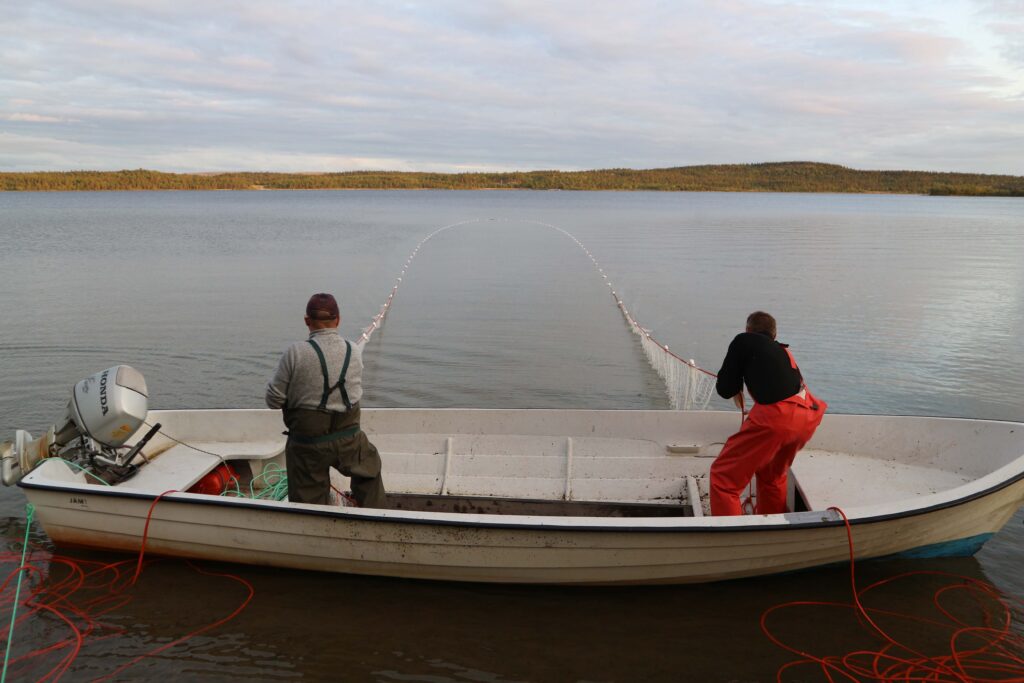
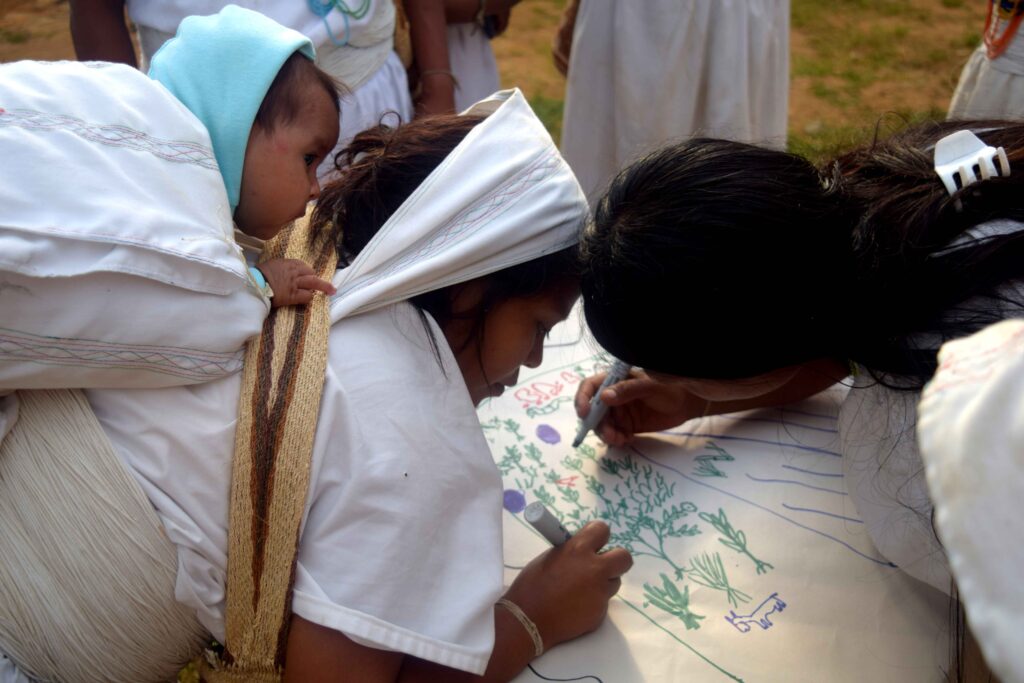
Of all of the rights that are elaborated in the United Nations Declaration on the Rights of Indigenous Peoples, the right to self determination, as recognized in articles 3 and 26, is the most challenging to implement. Free, Prior and Informed Consent is fundamental for the realization of not only the right to self-determination, but to all of the rights elaborated in the United Nations Declaration on the Rights of Indigenous People
Land is Life’s FPIC program works with Indigenous Peoples to develop their own community-led protocols for the proper implementation, monitoring and review of Free, Prior and Informed Consent processes. These protocols are an essential tool for Indigenous Peoples as they strive to engage governments, bilateral and multilateral development agencies, the private sector, and NGO’s, and to have a voice and the ability to make decisions regarding projects and legislation that impacts their territories, lives, and livelihoods.